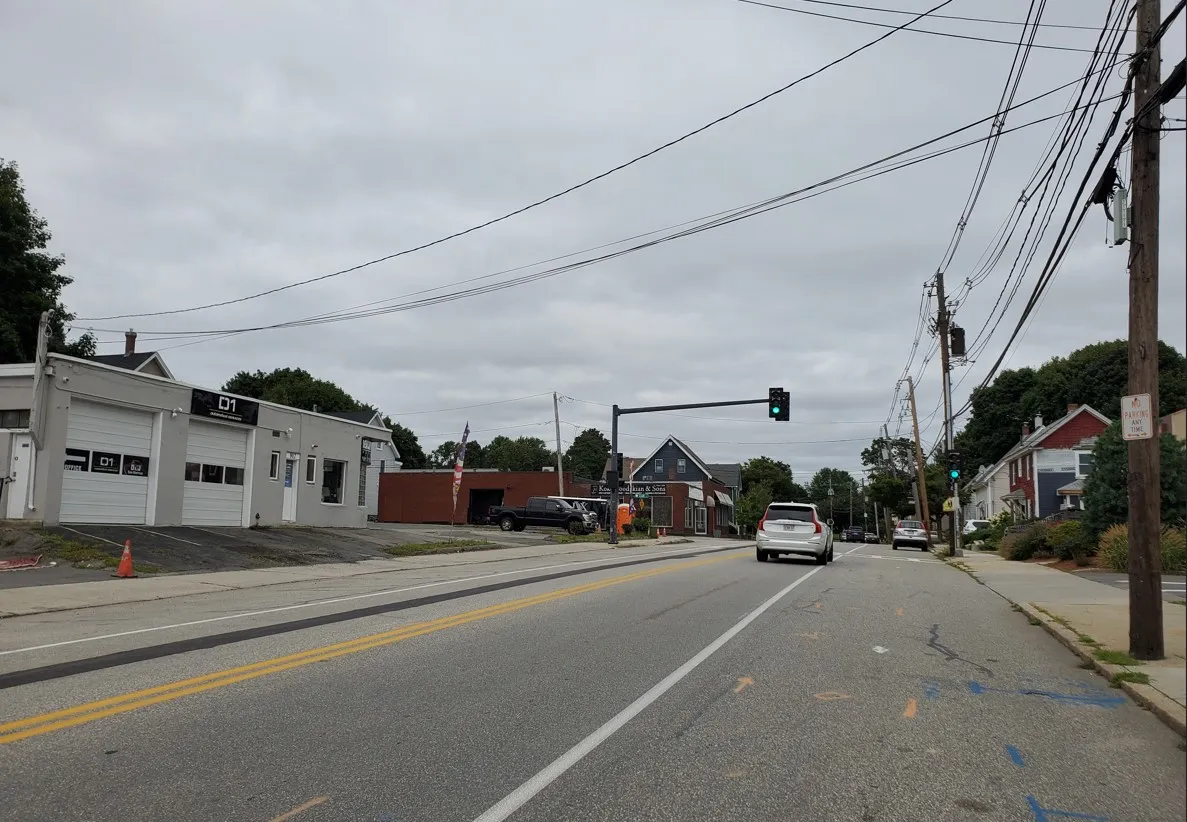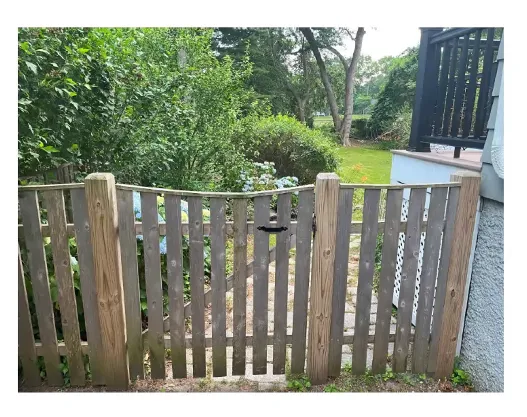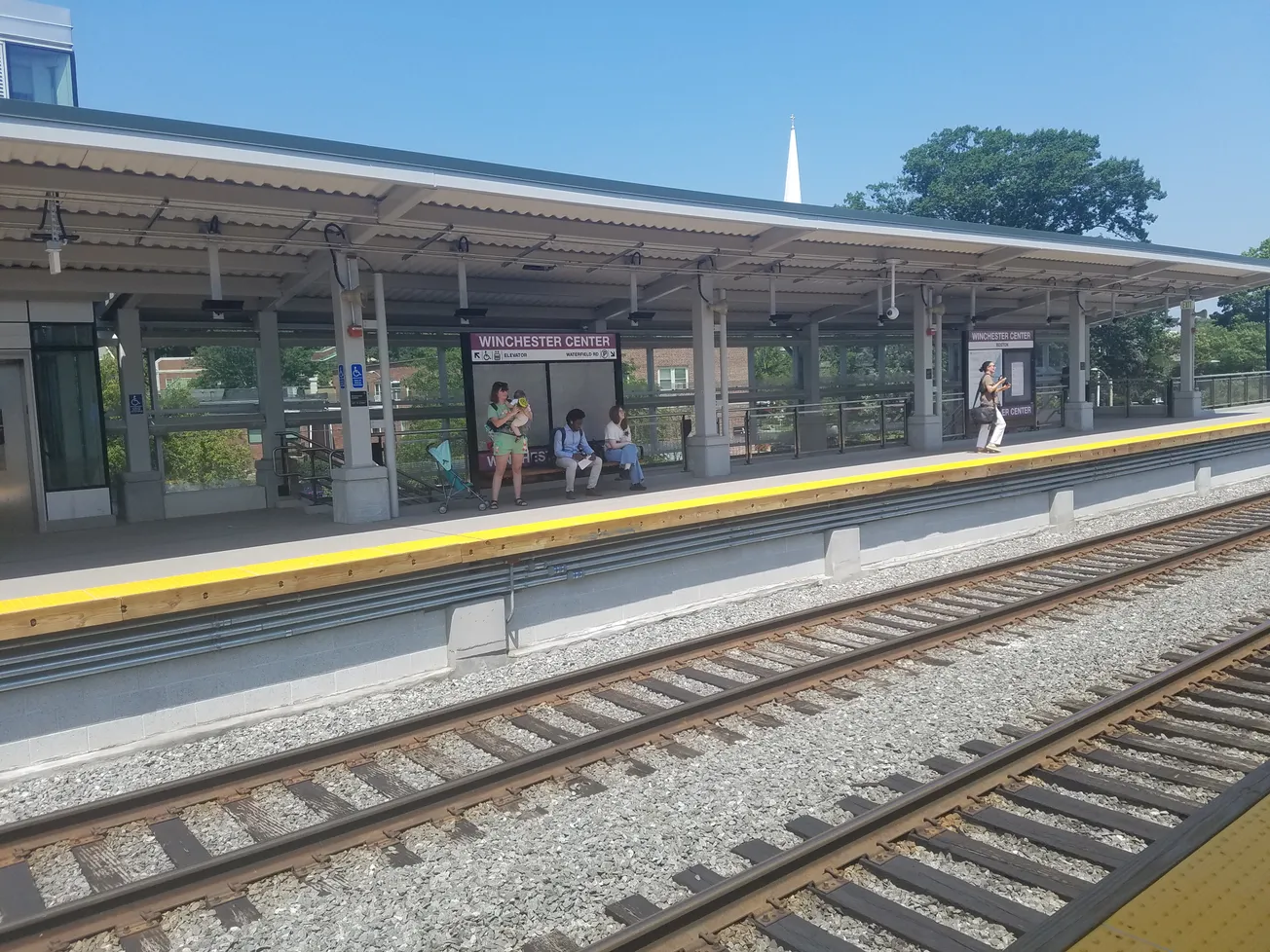Table of Contents
Town officials have submitted two articles for the November Town Meeting having to do with zoning.
The Planning Board on Sept. 23 offered changes to the Accessory Dwelling Unit (ADU) bylaw passed in November 2022 after Gov. Maura Healey on Aug. 6 signed the Affordable Homes Act into law, authorizing $5.16 billion in spending during the next five years, along with 49 other initiatives to counter rising housing costs, including ADUs.
The new law allows ADUs under 900 square feet by right on single-family lots. The ADUs can be attached or detached and can take the shape of a basement or attic conversion, a backyard dwelling or addition to a home. The ADU may also be no larger in gross floor area than one half of the gross floor area of the principal dwelling unit on the property.
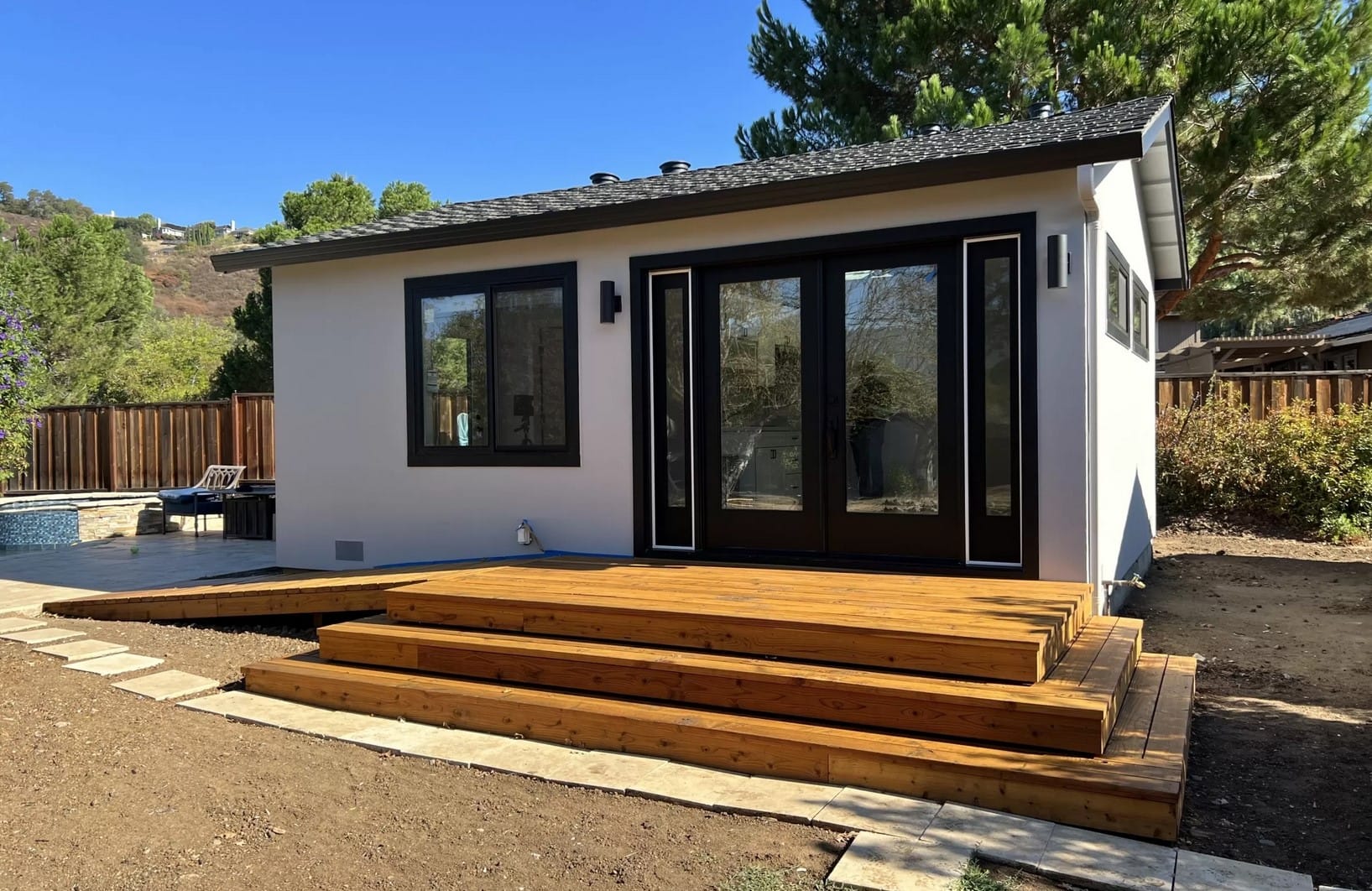
Additionally, the Planning Board is submitting a fully fledged zoning article for the new Main Street Mixed-use District (MSMD), also known as North Main Street, with updated design guidelines and specifications for the area, which runs from Skillings Road to the Woburn line.
In 2019, the Winchester’s 2030 Master Plan was adopted, a plan calling for a change in zoning to allow mixed use residential, higher building heights and a variety of businesses on current parcels for the Main Street area.
The Massachusetts Area Planning Council (MAPC) conducted a study from January to September 2021, making 15 recommendations that included site flexibility, an increased number of stories, side parking access, improved safe walking conditions and defined design.
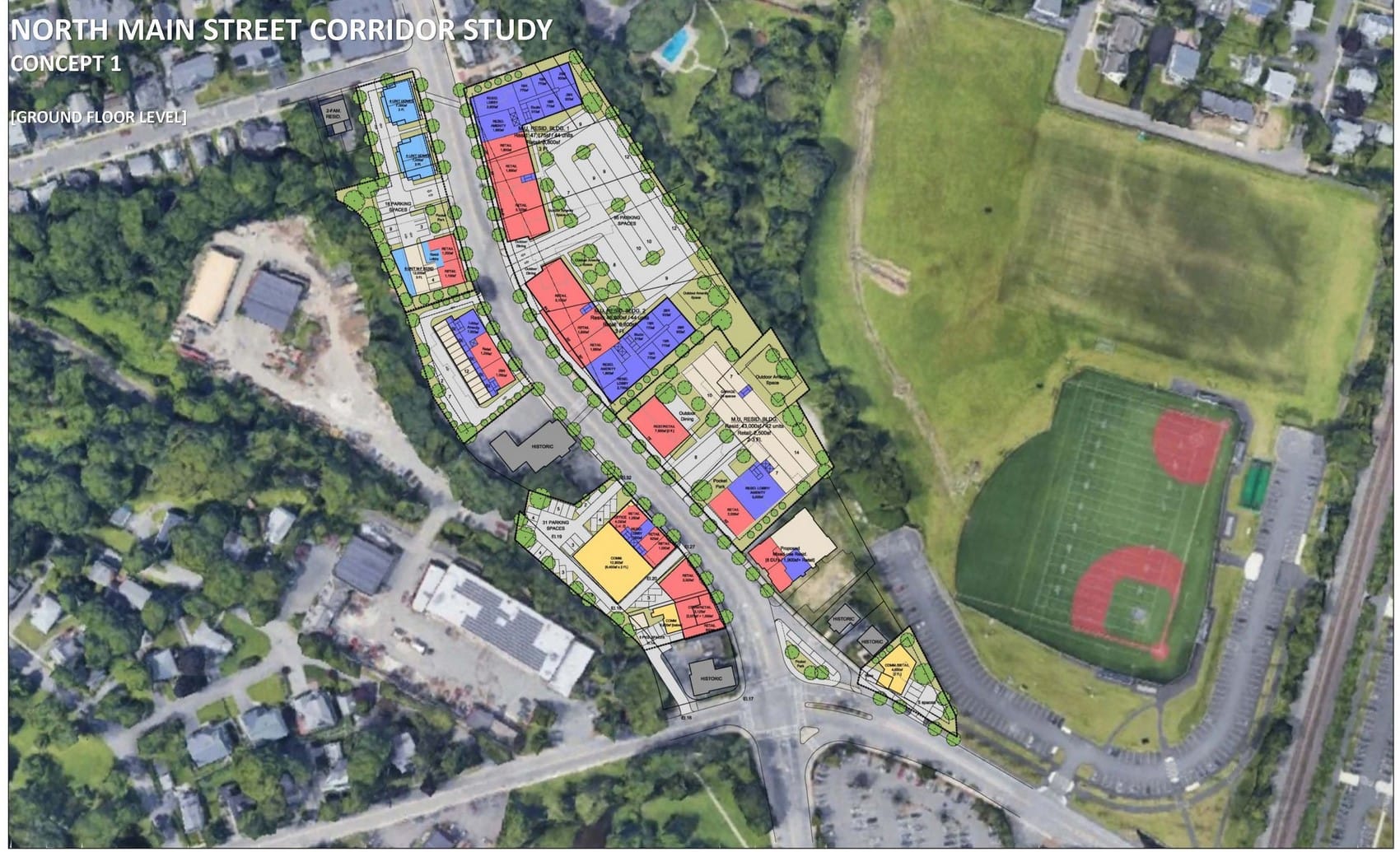
In 2022, the town hired Form + Place, Inc., which has been working with the Planning Board ever since on zoning changes and design guidelines.
Town Meeting members will hear discussion about both issues during sessions in November. Before then, Town Meeting members and the general public are invited to attend a public hearing on Oct. 29, where both topics will be on the agenda, beginning at 7 p.m.
Check the Government Calendar on the town website for more information as to registration.
ADU bylaw
According to Winchester’s current bylaw, ADUs may be built on both single or two-family lots “to create housing for people age 62+ and for those with disabilities. Many people wish to live near familiar systems: multigenerational family members, friends, activities, services, and medical care. ADUs are a flexible housing option that makes this possible.”
There are several requirements in the town’s bylaw for ADUs, including that the property must be “a primary residence of either the owner of the property or the beneficiary of the trust that owns the property.” The ADU must also function as a separate dwelling, with two independent exits, living space, cooking facilities and a full bathroom.
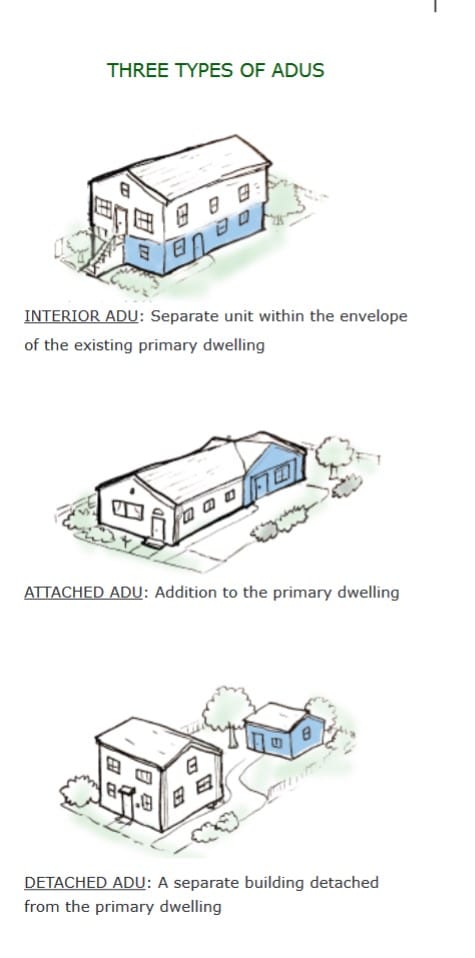
But that’s about to change.
Town Planner Taylor Herman said the Planning Board’s article will bring the town into compliance with the state law while still retaining some control.
“The biggest change is the removal of the age restriction, which was previously 62,” Herman said. “And the disability restriction will also be removed. There will be no occupancy restriction, anyone can reside in an ADU.”
Herman added there will be two smaller changes to the bylaw:
1) Every ADU will now be required to go through site plan review.
2) ADUs will be allowed on single-family parcels by right and on two-family, or duplex, parcels with a special permit.
Herman said if Town Meeting decides not to vote on the changes in November, the current bylaw remains in effect until Feb. 2, 2025 when the state law officially supersedes it.
What will that mean for Winchester?
The occupancy portions of the town bylaw will still go away. But, Herman said, any ADU applications at that time could be bogged down trying to figure out the permitting process between the planning, engineering and building departments.
But again, Herman said if the ADU article is not passed in November, the Planning Board can once again put it forth with new changes at the Spring 2025 Town Meeting.
“They have indefinite opportunities to make changes,” Herman said. “If someone decides they want to scrap the whole thing and remove it, then we can just run off the state rules.”
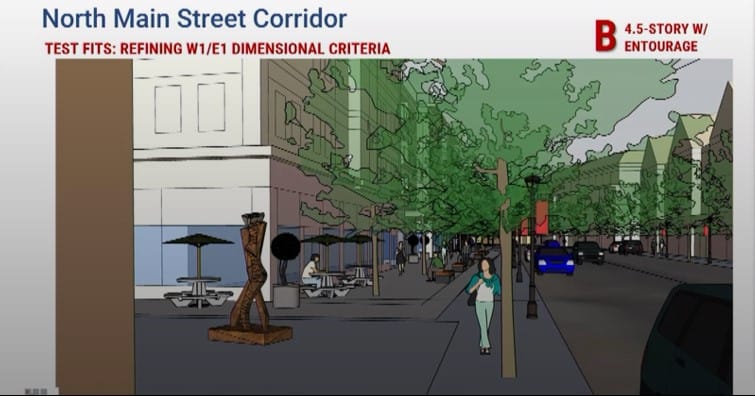
North Main Street zoning
The town, through various incarnations of the Planning Board, has been working two years to introduce the MSMD, which will meet one of the main goals of the master plan — a development opportunity zone.
“Everything about it is building development,” Herman said, of the new zoning. “You know what [buildings] can look like, the types of uses there can be, the commercial uses and what types.”
Herman said the MSMD — which will be mixed use only — came together because the town wanted more vibrant streetscapes, more business opportunities, more housing and more affordable housing.
“It came together to be a mixed use,” Herman said.
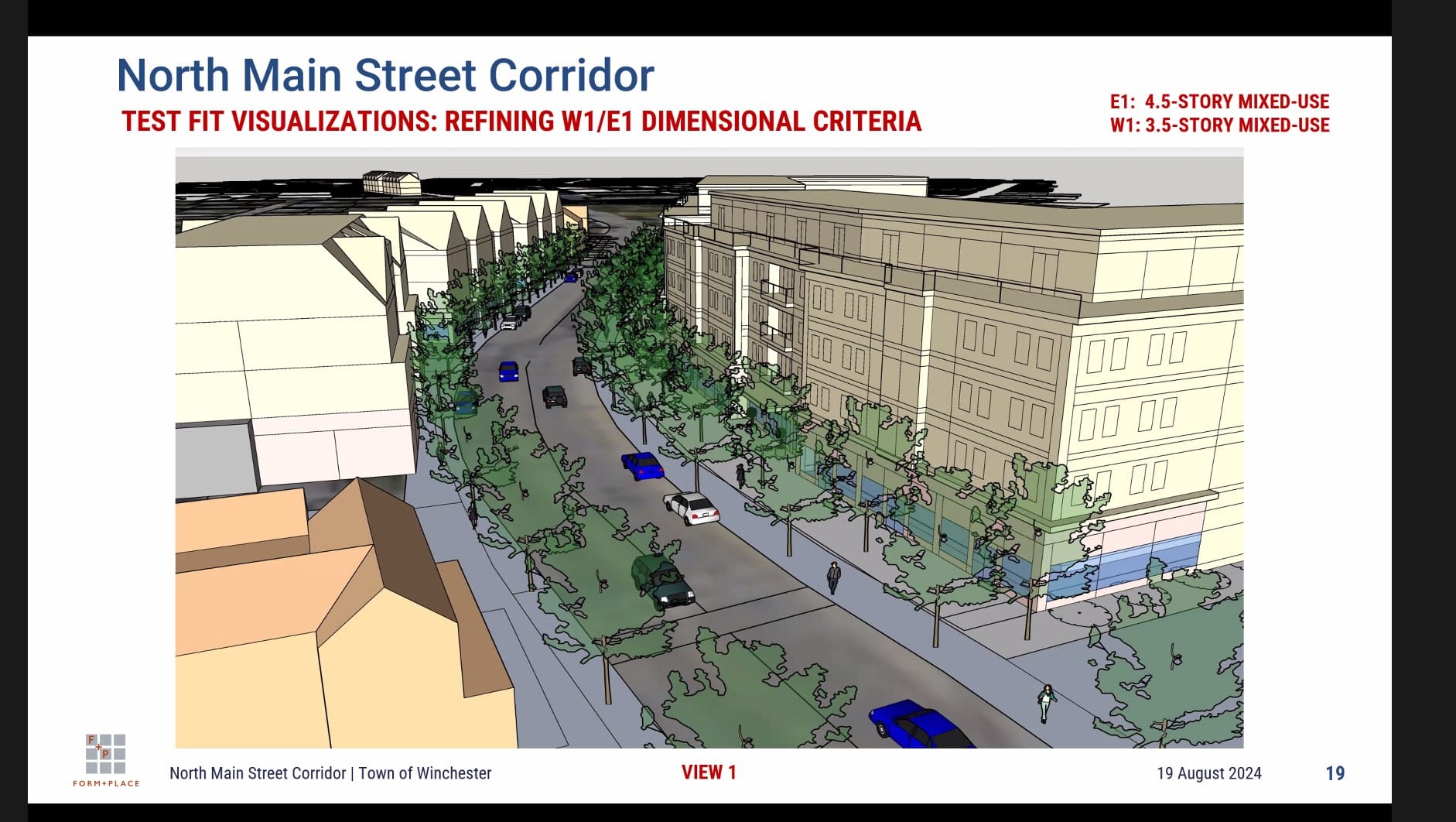
He added there are incentives to the new zone, mostly that new buildings can be bigger and taller. However, developers can still build by right in the MBTA 3A Overlay District (MOD), which overlays about half the MSMD, from Skillings Road to Swanton Street.
As of now, Herman said, there is definite interest in the MSMD by local property owners.
“We’re talking about existing business owners who are trying to understand what they can do with their own properties,” Herman said. “These are local owners who have been in Winchester who are looking and I think that’s great.”
What happens now?
If all this talk about a North Main Street zoning district is sounding familiar, you might be asking yourself: Didn’t Town Meeting already approve this?
It might seem like it, especially after Herman introduced the MSMD during the MOD discussion in the spring. But that’s not the case.
When asked if he’s been surprised by the lack of community interest around the new MSMD, given the Planning Board has held two community input sessions, Herman is thoughtful.
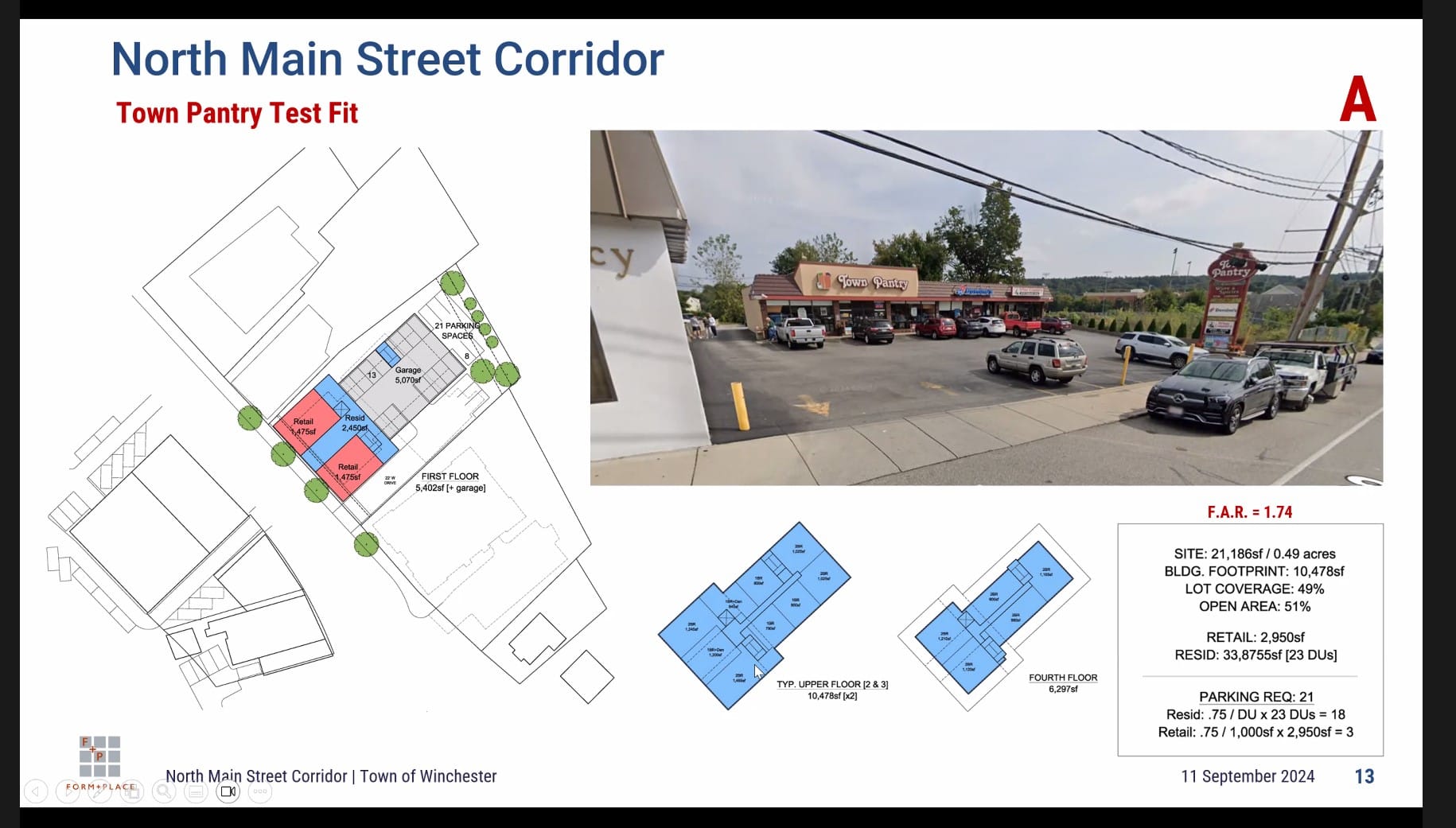
“There are two things, really,” he said. “One is that Town Meeting members have been hearing about this for five years because so many planning boards have been talking about it. It’s kind of a ‘Yeah, we know about this,’ type of thing.
“Plus, summers are tough,” he continued. “At the beginning of the summer, we tried to get some working groups together and there just weren’t enough people.”
Overall, Herman said there’s a general feeling of zoning fatigue, given the town just passed the MOD in the spring.
“That was a big deal,” he said. “There was a lot of conversation happening there.”
That’s why Herman is hoping people turn out for the October public hearings, so the town can gauge what concerns still need to be addressed.
But after that, what happens if Town Meeting still doesn’t pass the MSMD?
Herman said the Planning Board won’t be able to bring the zoning back to Town Meeting for another two years, per state law.
But, he added, someone can always postpone the article indefinitely — even the same night it’s on Town Meeting floor — and that will give the Planning Board time to come back to a future Town Meeting with any additional changes for the MSMD.

